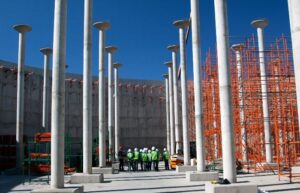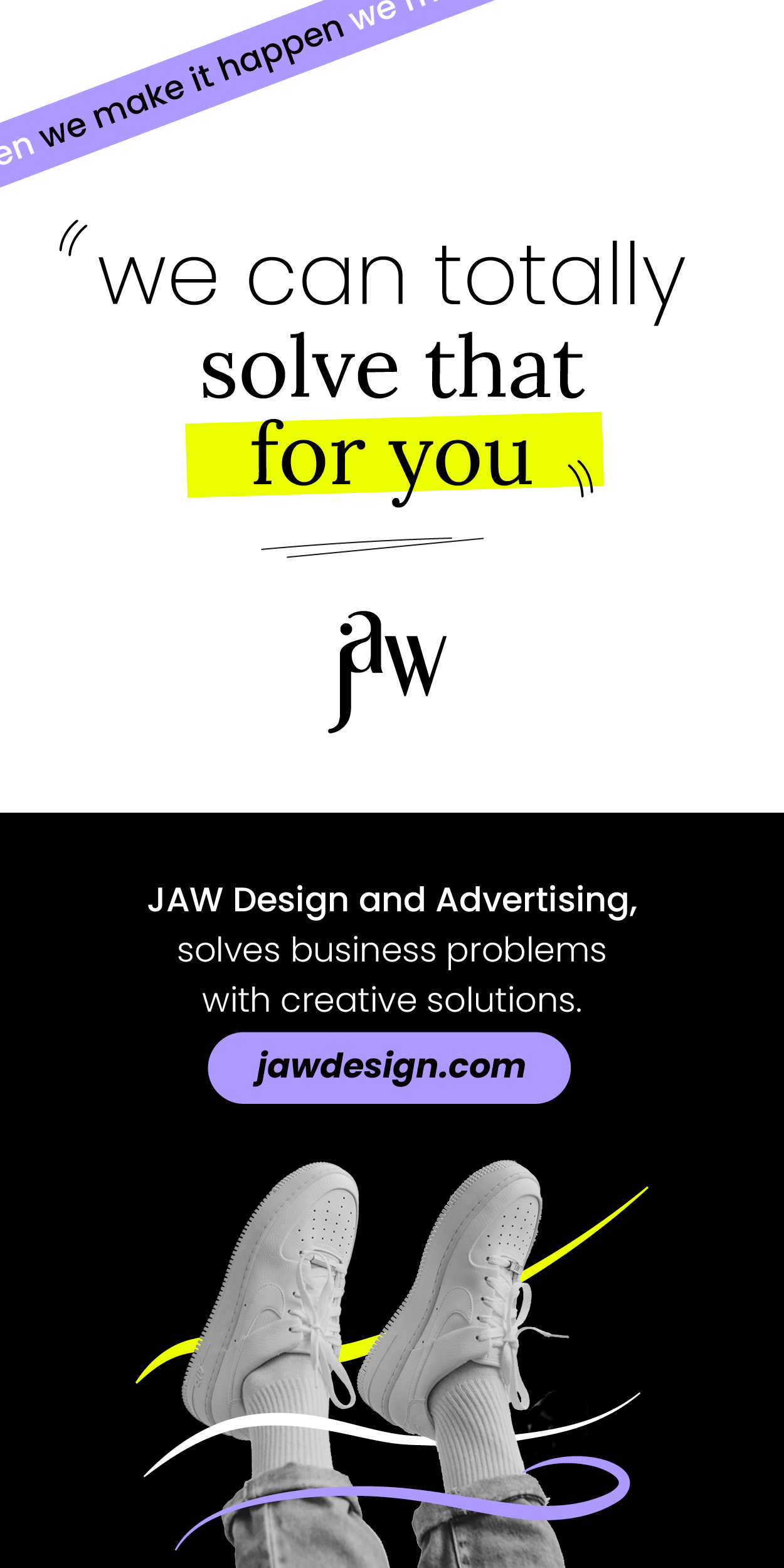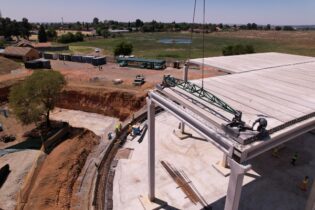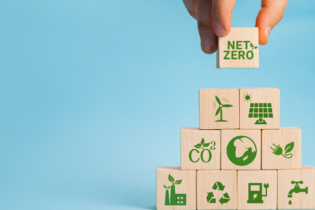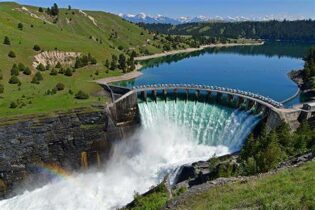Water conservation and demand management, water resilience and appropriate water solutions for water-scarce areas will be the major focus in the future of Mariswe’s Water and Sanitation consulting business.
Celebrating its 50th anniversary this year, Mariswe is a truly African civil engineering consulting company, says Louis Uys, divisional director: Water and Sanitation. “Our mandate is to provide world-class engineering solutions across all disciplines for the African context that address the long-term requirements of our clients and end-users. We understand and appreciate the challenges of providing water and sanitation infrastructure in Africa and we are fortunate to have a team of flexible and passionate professionals.” Shifting focus When Mariswe entered the water and sanitation market in the 1990s, early assignments included basic water services to rural areas in South Africa. Over the years, the focus shifted to regional water resource reconnaissance and pre-feasibility studies, as well as water and sanitation in urban areas, including water demand management and water-loss control. “We also grew our specialisation to provide services to local and cross-border mines, from water resource studies and stormwater management plans to bulk water supply schemes and designing the enabling and permanent infrastructure for green- and brownfield mining developments,” says Uys. Mariswe regularly works with international funding organisations such as the World Bank, Millennium Challenge Corporation (MCC) and African Development Bank to provide services across Africa, including bulk water schemes, rural water supply, water treatment, sewer treatment, water planning studies, climate-resilient water and sanitation projects, and the upgrading of existing infrastructure. “We have also gained substantial experience in public-private partnerships (PPPs) and water reuse projects.” Flagship African contracts Two significant projects in the past decade that have earned Mariswe much acclaim are: • The expansion of Lower Ruvu Water Treatment Plant, which supplies over 75% of the water requirements for Tanzania’s capital, Dar es Salaam. The capacity of the plant was increased from 180 Mℓ/day to 270 (and an eventual 360) Mℓ/day. The project donor, the US government through the MCC, stated that “Mariswe provided exceptional service and was critical in aiding us to overcome several contractual and technical challenges through the course of the project.” • The Lusaka Water Supply, Sanitation and Drainage Project in Zambia – involving six construction packages that directly benefit more than1.2 million people. The total construction value of this project is US$200 million (R3.2 billion). Mariswe is the construction supervising engineer and the project is still under way. Complex multidisciplinary projects require input from a range of professionals across Mariswe. The Water and Sanitation Division has partnered with the Management Services Division for the provision of water and sanitation services to mining developments in South Africa, Zimbabwe, Madagascar, Liberia, Botswana, Lesotho and Burkina Faso. It also works closely with the Transportation and Structures divisions for hydrologic and floodline inputs at bridge structures and road alignments. Infrastructure Planning Division professionals assist in the assessment and long-term planning of water and sanitation infrastructure. Human resources While Uys concedes that South Africa faces complex water supply and sanitation problems, he is confident that the country and the African continent have the necessary talented human resources. “Our challenges can be addressed by providing sufficient budget and autonomy to our technical experts in the public enterprises to give genuine engineering services without any interference or non-technical side shows. These resources within our public enterprises should be augmented with technical staff with the motivation, knowledge, tools and resources to deliver service of a high standard. “Mariswe and other private sector specialists can play a valuable role in the planning, training, implementation, operation and management of water resources and associated infrastructure.” However, not enough young engineers are coming into the system, mainly due to the cyclical and unpredictable workload of consulting engineering firms. “The challenges of funding and financing requirements for public projects, as well as tender processes, make it difficult for consulting firms to have a consistent workload that allows for the appointment and training of young engineers,” Uys points out. “Corruption, indecision and wrongly motivated decisions have also played a negative role in the past decade. “We need consistent work flowing into the private sector to make it feasible to appoint and train young engineers. The public sector also needs to employ its own new generation of engineers and develop internal training programmes. It can be done but will require a concerted effort from government. “We know that ‘water is life and sanitation is dignity’,” says Uys. “If we lose our technical capacity in Africa, professionals from outside will have to provide the services. This will be a sad indictment and we cannot allow it to happen.” Uys believes South Africa can solve its water and sanitation problems with the consideration of efficient global technology collaboration channels to enhance the local knowledge and experience pool. “However, we do not have sufficient projects and development in Southern Africa to keep all the expertise utilised, and thus the risk of losing our best professionals to other countries is high. “Our hope is for a future in which private and public professionals work together for the most sustainable, efficient water and sanitation solutions for the end-user, that public professionals are appreciated for their skills, and that our infrastructure is operated and maintained as intended.” Current projects Mariswe works on multiple water and sanitation projects at any one time. Some of its current projects include:
• Eswatini
The World Bank is funding the Eswatini Water Supply and Sanitation Access Project for the Eswatini Water Services Corporation. Mariswe and ZMCK Consulting Engineers (Eswatini) were appointedin a joint venture for the preliminary and detail design, procurement documentation, and construction monitoring. The project aims to provide sustainable, potable water supply to the Shiselweni Region in the south of Eswatini. The water will be supplied from the Mkhondvo River in Eswatini and the infrastructure will include three reservoirs, a pump station, 68 km of bulk pipelines, and about 270 km of reticulation pipelines. The first of five work packages (three reservoirs, chlorine building and pump station) is now under construction. • Mauritius In 2021, Mariswe was appointed to lead a feasibility study for a new wastewater pumping station at Roche Bois in Port Louis and a wastewater treatment plant at the Baie du Tombeau in the Pamplemousses District of Mauritius.
The proposed build-operate-transfer project is required to improve wastewater treatment infrastructure to match growth and development and to protect the ocean waters. The services are being provided for the Mauritian Wastewater Management Authority with funding by the DBSA. The feasibility study phase is nearing completion. • Outfall sewer, Johannesburg Mariswe was appointed by Johannesburg Water for the design and construction supervision of a new outfall sewer in the north-west of the city. This outfall sewer and the new Lanseria Wastewater Treatment Works (WWTW) will enable the development of new residential, commercial and industrial zones. The 12.4 km long outfall sewer will connect the existing Zandspruit sewer pump station and the new Lanseria WWTW and will eventually convey 150 Mℓ/day of wastewater. An extensive EIA process to select the most suitable pipe route and preferred WWTW site has been completed, and Mariswe has also completed the 1:100-year floodline delineation for the Zandspruit and Jukskei rivers. • uMhlathuze Wastewater Reuse PPP The City of uMhlathuze, a key economic hub in KwaZulu-Natal incorporating Richards Bay and Empangeni, has prioritised the treatment and reuse of wastewater, which is available in large volumes. Mariswe was appointed to head a consortium that concluded a feasibility study in May 2019 and is now the transaction advisor for the procurement of a PPP to continue the project. The project entails the collection and treatment of domestic and industrial wastewater from the Richards Bay and Empangeni areas and distribution of the reuse water to industrial off-takers in and around Richards Bay. The plant capacity envisaged is 75 Mℓ/day, which will provide significant relief to the City of uMhlathuze and its industrial users. Project infrastructure will include wastewater collection pipelines, a regional treatment plant and distribution pipelines, and associated pump stations. • Tugela-Goedertrouw Transfer Scheme The growing water demands of the Richards Bay/Empangeni region of KwaZulu-Natal have placed the Goedertrouw Dam System under pressure. In the early 1990s, the Department of Water and Sanitation (DWS) decided to implement the Tugela-Mhlathuze River Government Water Scheme to augment the supply to the Goedertrouw Dam from the uThukela River. The first phase of the scheme, completed in the late 1990s, transfers water from the uThukela River to the Mvuzane River, a tributary of the Mhlathuze River, upstream of the Goedertrouw Dam. A turnkey contractor was appointed by the DWS in 2017 to design and construct the doubling-up of the existing scheme, but the construction project was halted in December 2018. Mariswe was appointed in 2020 to conduct a due diligence audit of the unfinished scheme and prepare tender documents for its completion. The contract for the completion of the scheme was awarded in May 2022 and construction is due to commence during July 2022. • Palm View Estate Mariswe is undertaking design and construction supervision of civil services for the new Palm View Estate being developed by Sortor Investments at Etete, Shakaskraal, on the KwaZulu-Natal Dolphin Coast. Mariswe is providing engineering services for roads, stormwater, water reticulation and booster pump stations, as well as sewer reticulation and pump stations. • Algoa Water Supply System Mariswe is the lead consultant on a DWS project to review the hydrology for the Kouga, Baviaans, Gamtoos and Kromme river catchments. The study area forms part of the Algoa Water Supply System (WSS) supplying Nelson Mandela Bay Municipality, surrounding towns and agricultural operations. The inflows from these rivers to the four key dams feeding the western areas of Gqeberha have been significantly lower than anticipated in the past few years and the study aims to update the yields currently available from the water resources to the west of the Algoa WSS, assess future water availability under various scenarios, and develop allocation schedules for consideration. This project will help to standardise the approach for other water-stressed areas of the country.


